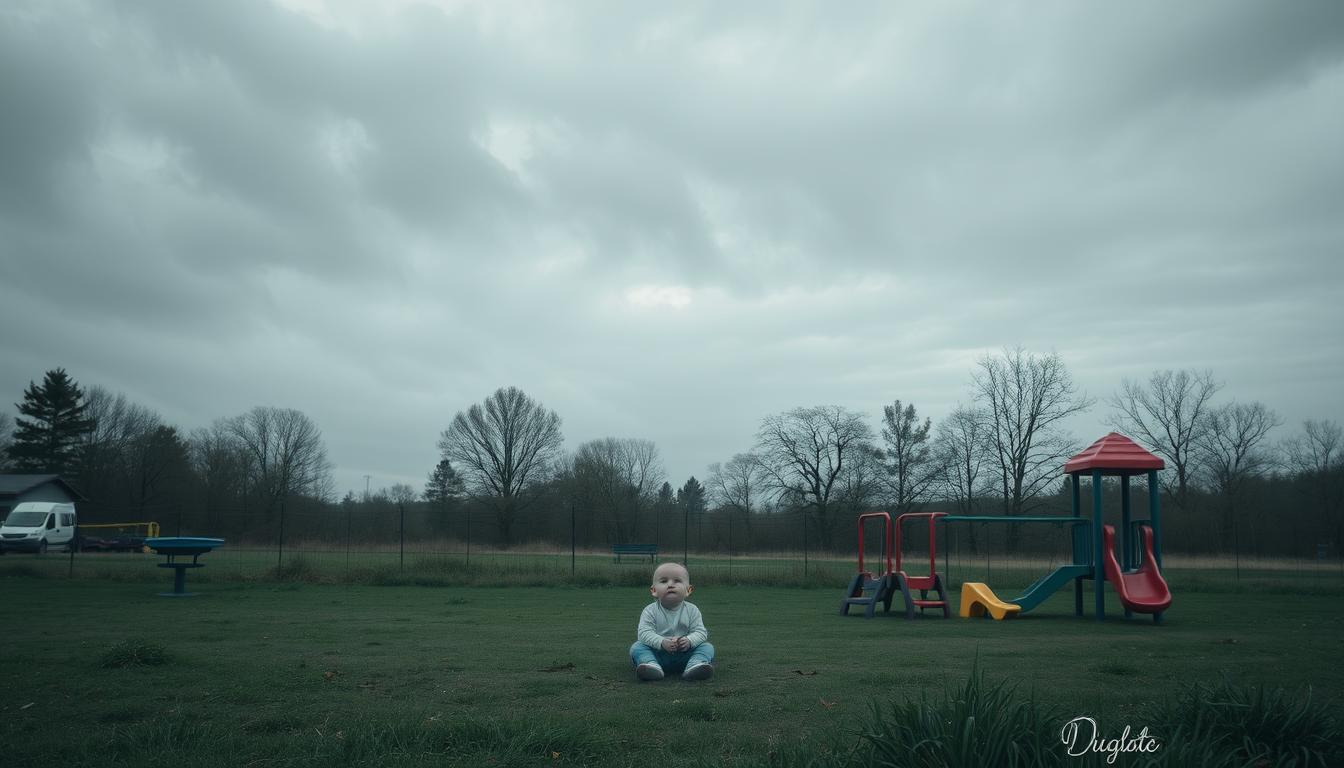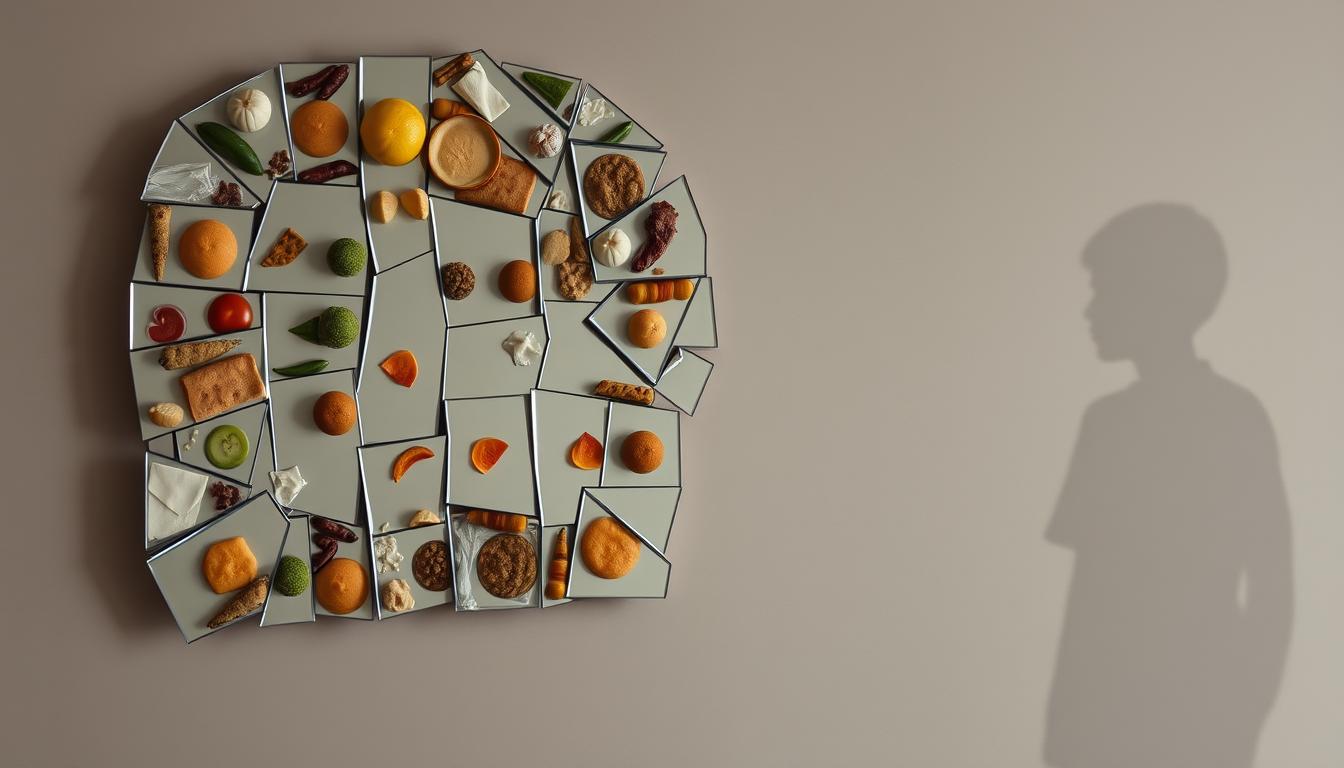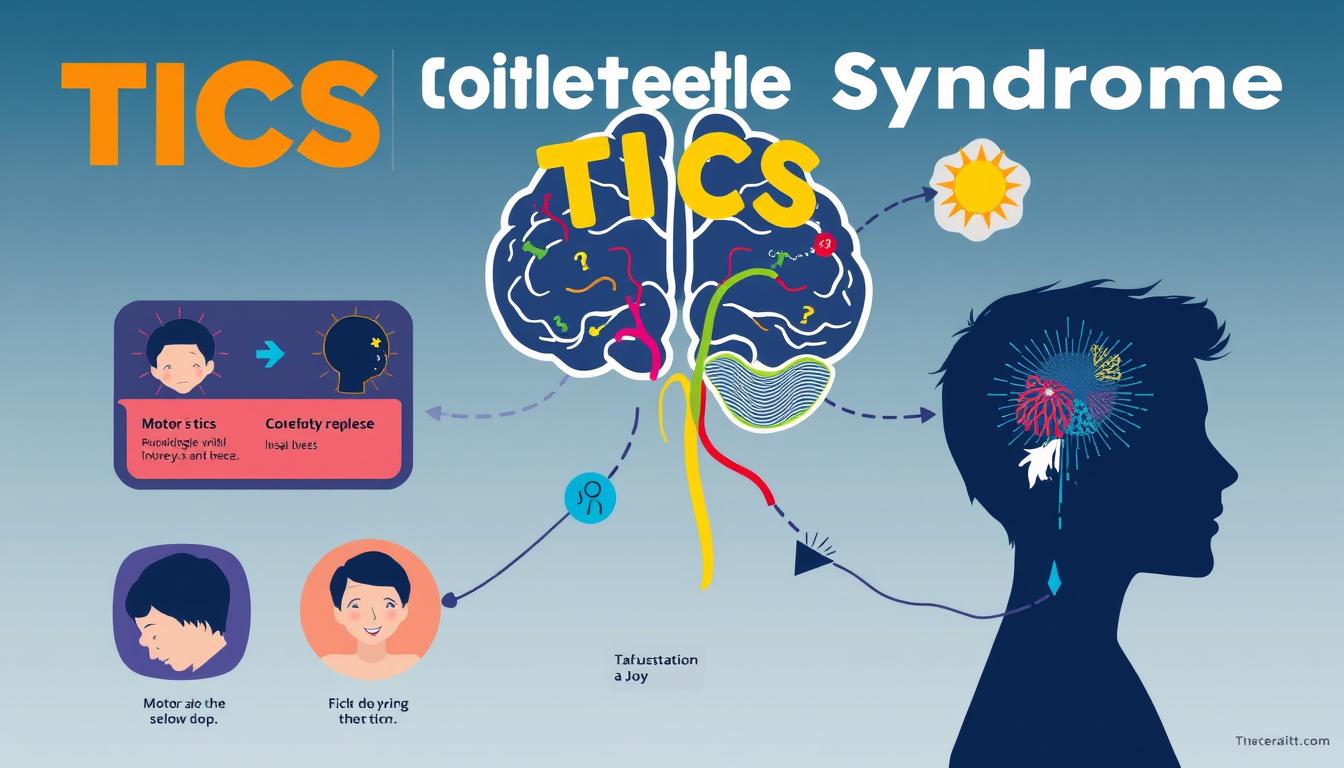As a parent, your child’s well-being is your top priority. Yet, mental health is often overlooked. Childhood depression is a serious issue, affecting 2-4% of kids. It can deeply impact their growth and happiness.
Spotting depression early in children is key. Quick action can greatly improve their future. Knowing the signs and risks helps you act fast.
Key Takeaways
- Childhood depression is a serious mental health concern that affects 2-4% of children.
- Early detection and intervention are crucial for addressing pediatric depression.
- Recognizing the signs and symptoms of depression in children is important for parents.
- Seeking professional help from mental health experts can provide effective treatment options.
- Addressing childhood depression can have a significant impact on a child’s long-term well-being and development.
Understanding Childhood Depression: A Growing Mental Health Concern
Childhood depression is a serious issue that’s affecting more young people. It’s important to know how depression affects kids, the risk factors, and why finding it early is key.
Impact of Depression on Child Development
Depression can deeply affect a child’s growth. Kids with depression might struggle in school, have trouble making friends, and lose interest in fun activities. Finding help early is crucial to prevent lasting harm.
Common Risk Factors in Children
Several things can lead to depression in kids, like mental health issues, family history, stressful environments, and past traumas. Knowing these pediatric depression risk factors helps parents and doctors support kids better.
Why Early Detection Matters
Acting fast is vital when dealing with childhood depression. Spotting signs early lets kids get the help they need. This support can greatly improve their development and mental health in the long run.
“Early detection and intervention for childhood depression can make a crucial difference in a child’s life, enabling them to thrive and reach their full potential.”
Childhood Depression: Recognizing Signs and Seeking Help
It’s vital for parents to spot the signs of childhood depression early. This can greatly improve a child’s life. Depression in kids looks different than in adults, so knowing the signs is key.
Look out for a child who always seems sad or irritable. They might sleep too much or not want to eat their favorite foods anymore. If they start to pull away from friends or do poorly in school, it’s a warning sign.
Depressed kids often feel worthless or guilty. They might not want to do things they used to love. They could also get angry or sad without reason.
If you see these signs in your child, get help right away. A mental health expert can help figure out what’s going on and create a plan to help. This might include therapy, medicine, or both. With the right help, kids can learn to manage their feelings and do well.
Remember, being supportive is crucial. Create a safe space where your child feels comfortable talking. This support can help them through tough times and find happiness again.
Key Signs of Childhood Depression
- Persistent low mood or irritability
- Changes in sleep and appetite patterns
- Social withdrawal and declining academic performance
- Feelings of worthlessness, excessive guilt, and lack of interest in activities
- Mood fluctuations, such as sudden outbursts of anger or sadness
Seeking Professional Help
If you notice these signs in your child, get professional help. A mental health expert can do a full check-up and make a plan. This might include therapy, medicine, or both.
The Role of Parental Support
Support from parents is key in dealing with childhood depression. Make a safe, loving space and encourage talking. This support can help your child get through tough times and find happiness.
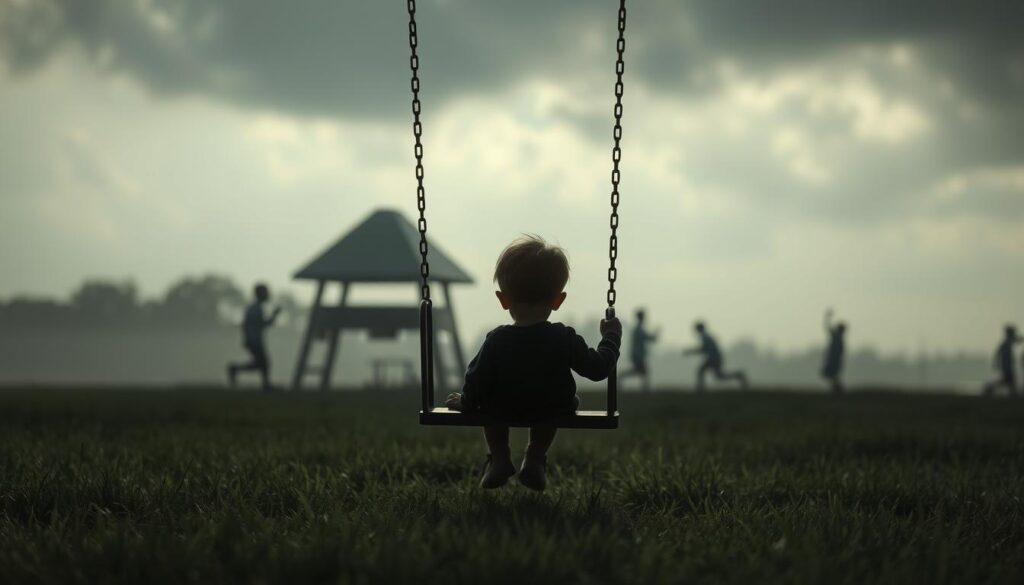
| Symptom | Description |
|---|---|
| Persistent low mood or irritability | Children with depression may exhibit a consistently sad or irritable mood. |
| Changes in sleep and appetite patterns | Depression can lead to changes in a child’s sleep and eating habits, such as sleeping excessively or losing interest in their favorite foods. |
| Social withdrawal and declining academic performance | Children with depression may withdraw from social activities and experience a decline in their academic performance. |
| Feelings of worthlessness, excessive guilt, and lack of interest in activities | Emotional signs of childhood depression can include feelings of low self-worth, excessive guilt, and a loss of interest in activities they once enjoyed. |
| Mood fluctuations, such as sudden outbursts of anger or sadness | Children with depression may experience rapid and unpredictable mood changes, including sudden outbursts of anger or sadness. |
Physical and Behavioral Symptoms Parents Should Watch For
It’s key for parents to spot the signs of childhood depression. Knowing the physical and behavioral changes helps you support your child’s mental health. Look out for these symptoms:
Changes in Sleep and Eating Patterns
Changes in sleep and appetite are signs of depression in kids. They might have trouble sleeping or sleep too much. They could also eat less or more than usual.
Social Withdrawal and Academic Changes
Depressed kids often pull back from friends and school. They might not want to play or do well in school. This is because depression makes it hard to focus and feel motivated.
Emotional Signs and Mood Fluctuations
Depression shows in feelings of sadness, anger, and mood swings. Kids might feel worthless, guilty, or hopeless. They struggle to control their emotions.
If you see these symptoms, get help right away. Early treatment and treatment options can help your child recover. They also learn important coping strategies.
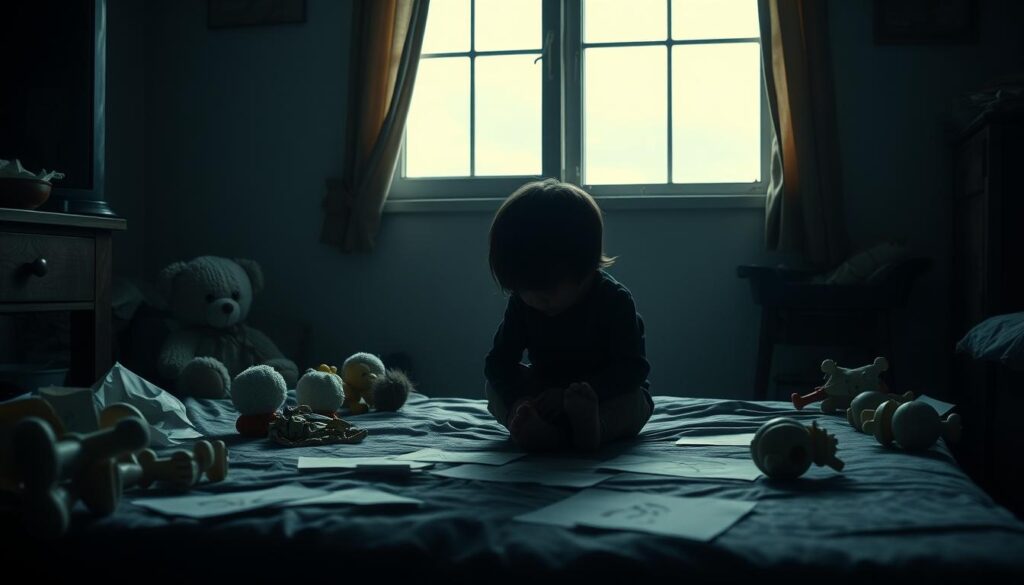
“Addressing childhood depression is vital for ensuring the healthy development and well-being of our children.”
Treatment Options and Professional Support Available
If your child is dealing with depression, there are many ways to help. Cognitive-behavioral therapy (CBT) is a great talk therapy. It teaches kids how to handle their thoughts and feelings better.
Family therapy is also helpful. It helps everyone in the family understand and deal with depression’s effects. This way, everyone can support each other better.
In serious cases, a doctor might suggest medication. But usually, the best plan includes therapy, counseling, and family support. Working with your child’s healthcare team, you can create a plan that fits their needs.
Getting help is a brave step and very important for your child’s mental health. With the right help and support, your child can learn to manage their depression. They can also grow strong and do well.

